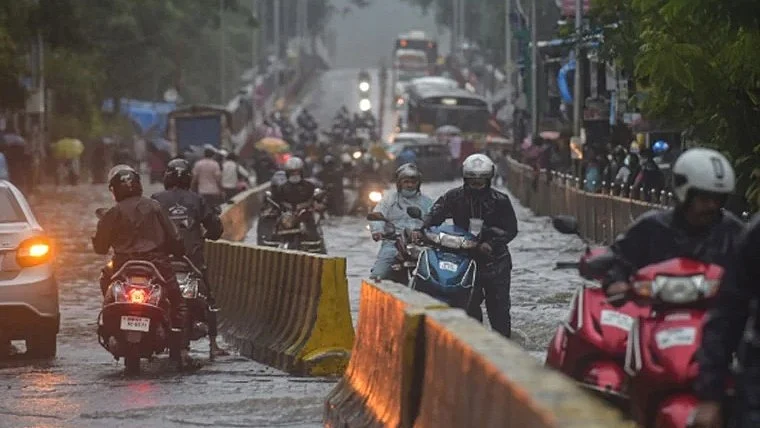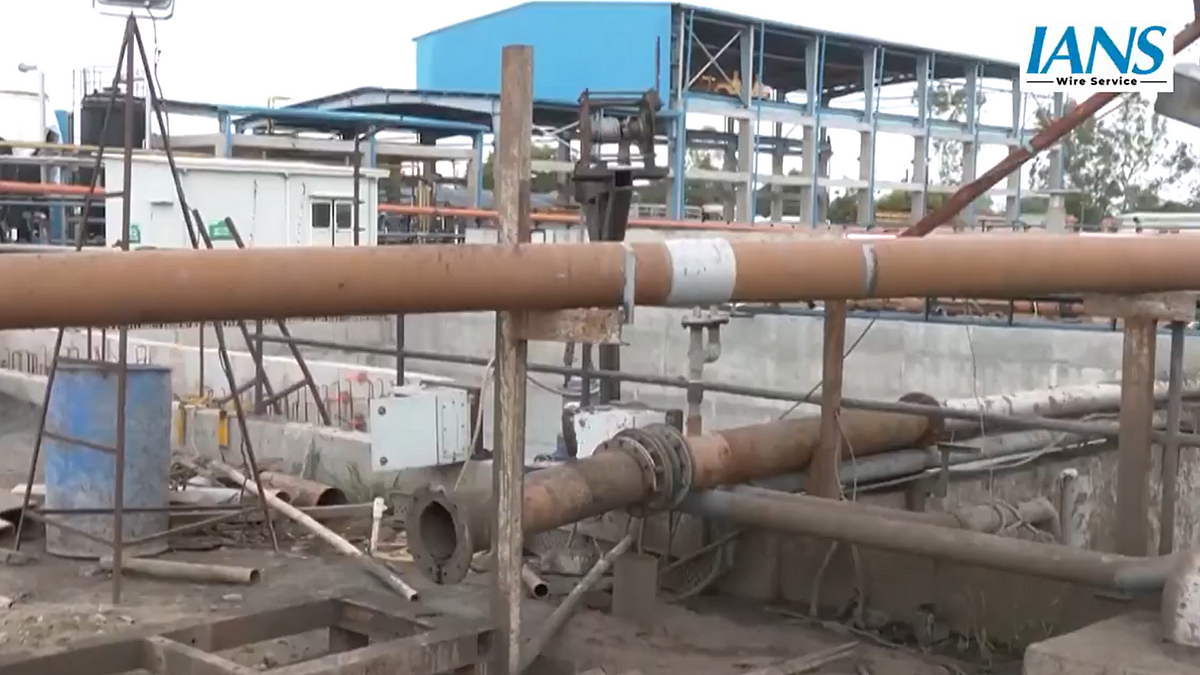Mumbai: The Bombay High Court has quashed a case initiated against Satyanarayan Agarwal, owner of Mukesh Mills in Colaba in South Mumbai, for alleged unauthorised construction of a film set inside the mill compound observing that the entire case is based on a misconceived premise.
Justice Sarang Kotwal, on October 12, quashed the case while setting aside the orders of the magistrate court and session court which ruled against Agarwal.
20 year old case
A case was registered against Agarwal and Tukaram Jadhav in May 2003 by a junior civic engineer, Vijaykumar Sonar, with the Colaba police station under the provisions of the Maharashtra Regional & Town Planning Act, 1966 (MRTP Act).
The junior engineer visited the mill on May 26, 2003 and reported that unauthorized film shooting and the erection of a film set were taking place in an empty area of the compound. He then issued a notice alleging an illegal structure.
Section 52 of the MRTP Act provides for penalising unauthorised development or changes in land use without the necessary permission. It it punishable with three years of imprisonment. Section 43 of the MRTP Act imposes restrictions on land development and change of land use.
Justice Kotwal said that interpretation of MRTP Act stipulates that no permission is required when land primarily designated for one purpose is occasionally used for another. The film set, which was made from plaster of Paris and Thermocol, being a temporary structure, was deemed to fall under this provision.
He emphasised that the MRTP Act defines 'development' as including activities related to buildings, engineering, mining, and land operations.
Also, the film set was located on vacant land and of a temporary nature. This neither falls within the definition of “development” nor does it qualify as a change of land use, the court reasoned.
Agarwal’s counsel Raja Thakare pointed out that the chargesheet indicated that the structure was temporary and exclusively intended for film shooting. There was no alteration or change of land use involved.
The court did not agree with the arguments of the state advocate Arfan Sait and BMC advocate PP Chavan.
The court noted that the MRTP Act did not require permission for occasional land use for different purposes, provided there were no structural changes to the building.
The HC accordingly quashed the case and discharged Agarwal and Yadav observing that the prosecution was based on a misconceived premise.
The magistrate rejected their plea in 2005 and the same was upheld by the sessions court in 2007. The two challenged this before the HC.








.png)



